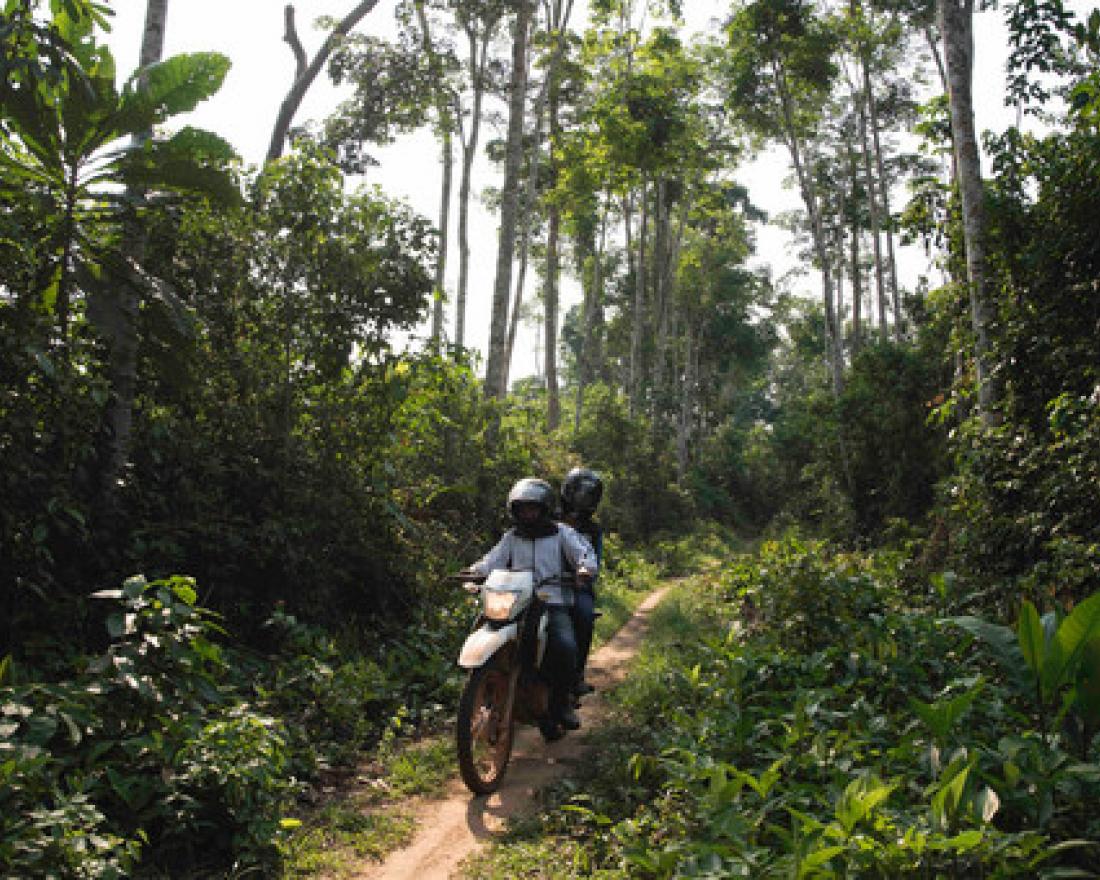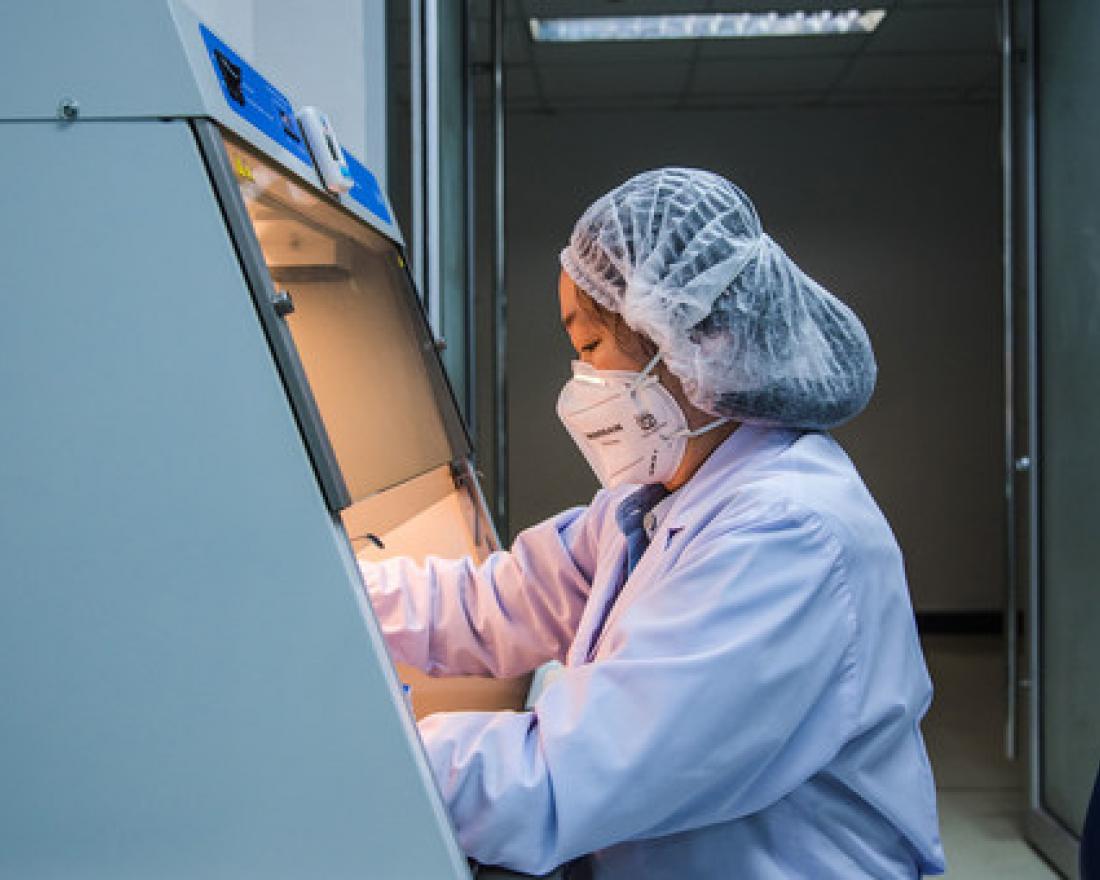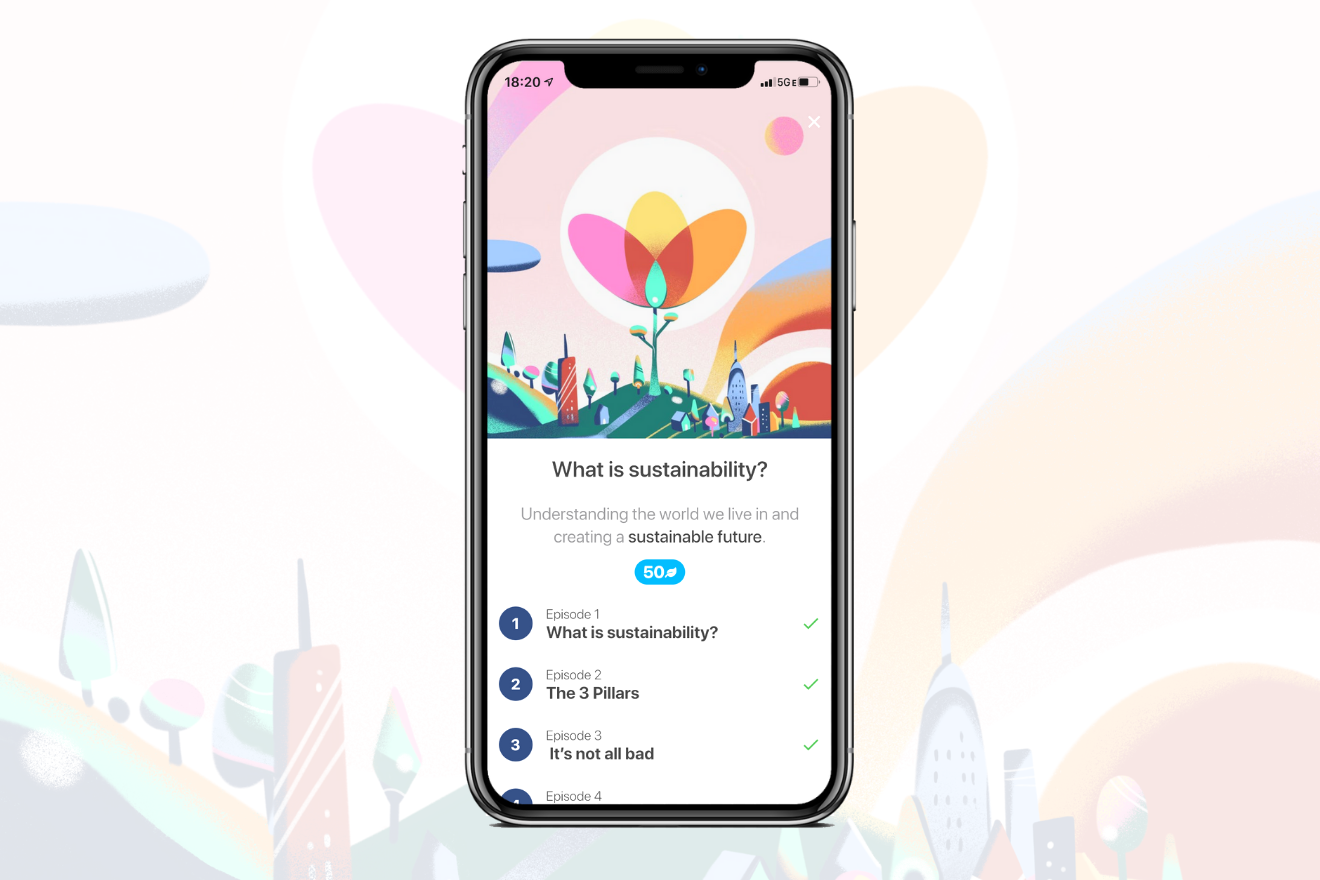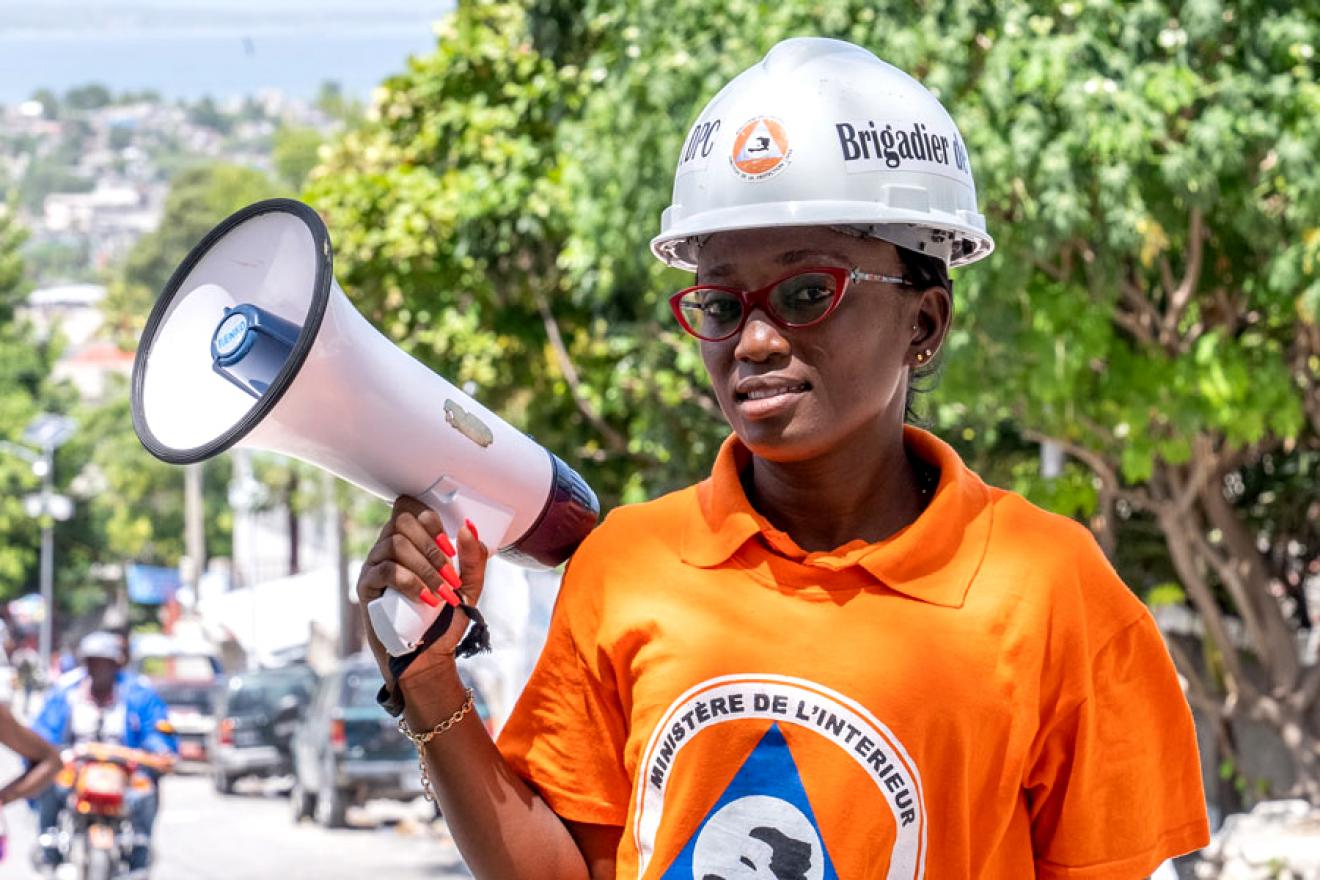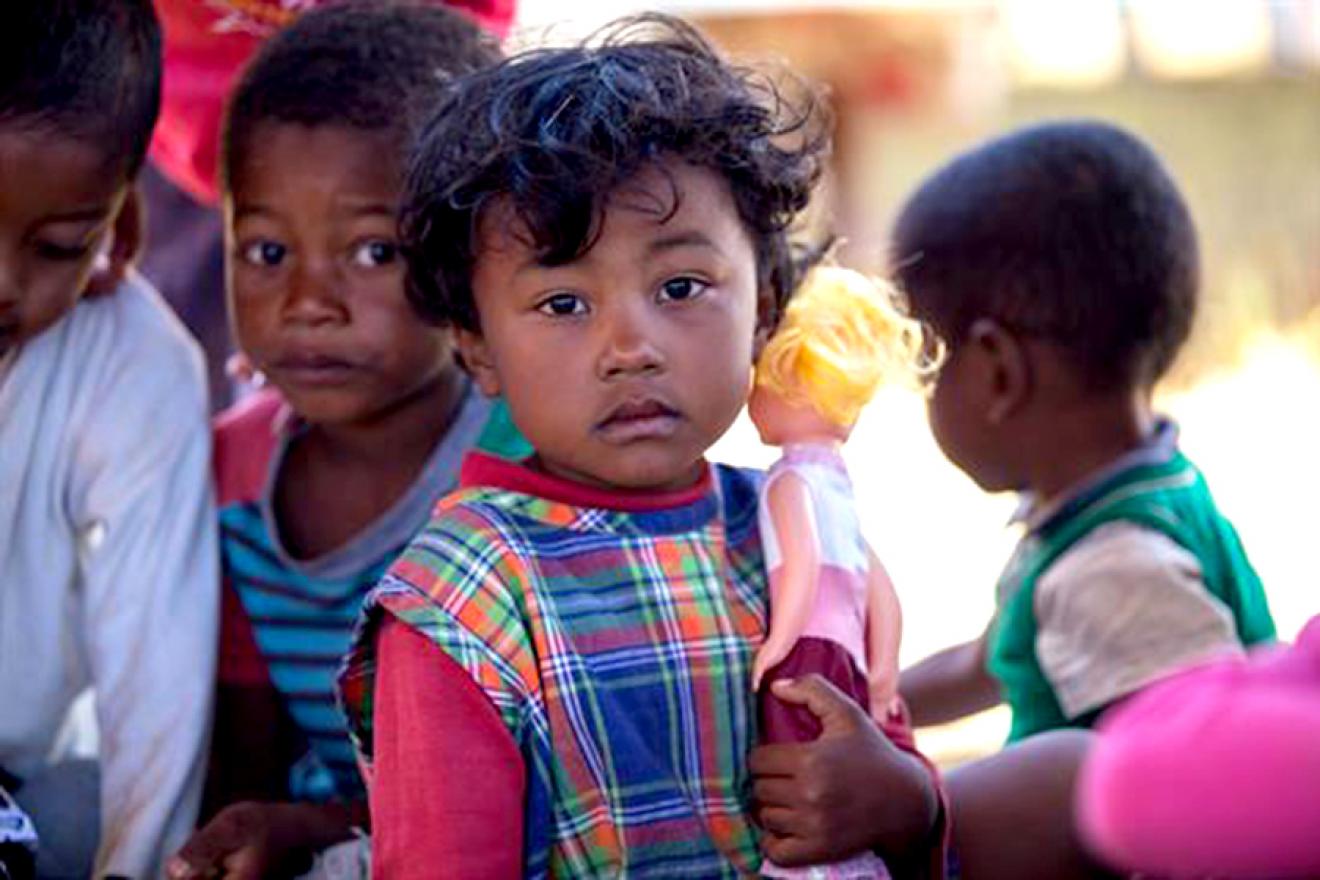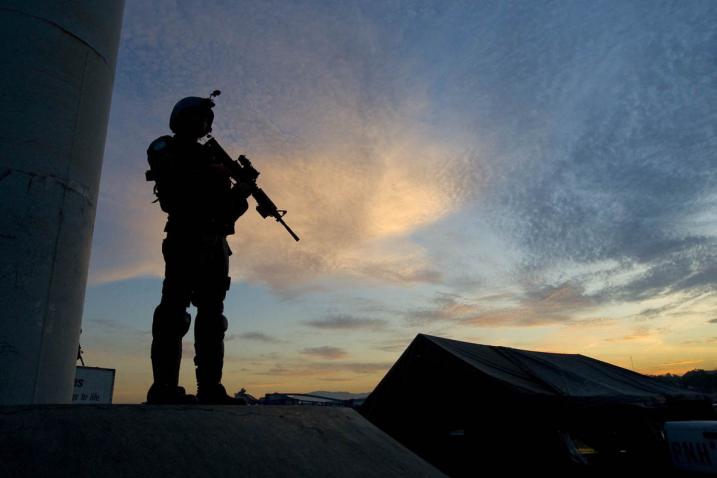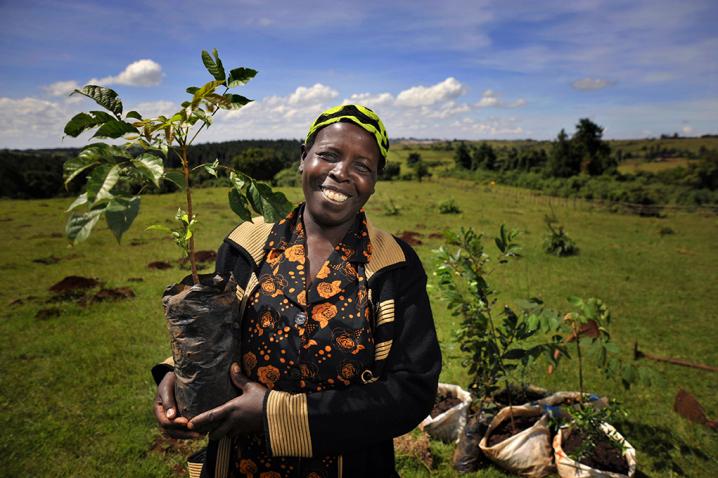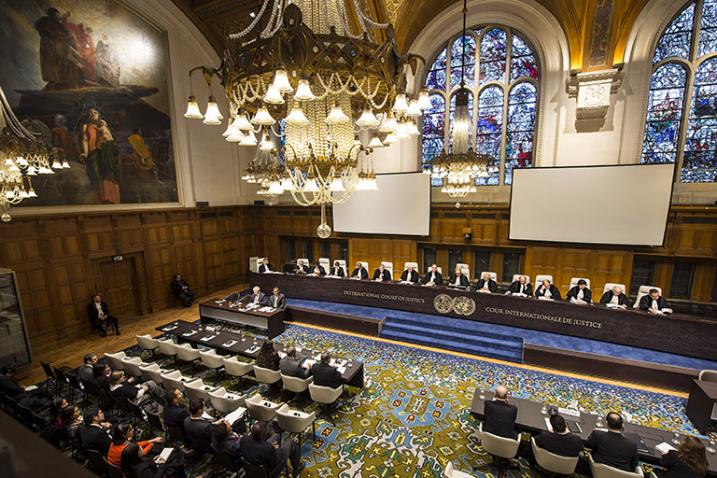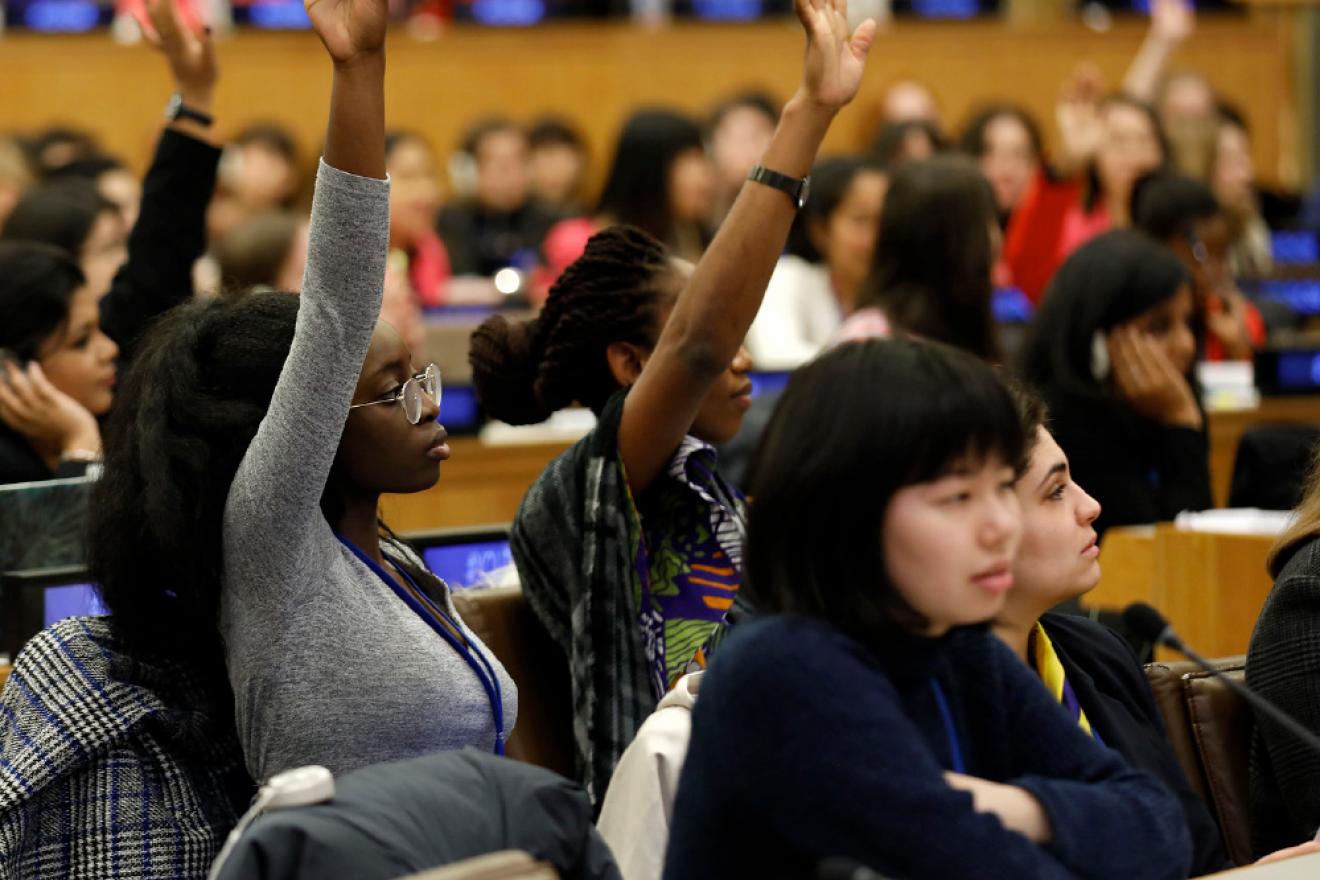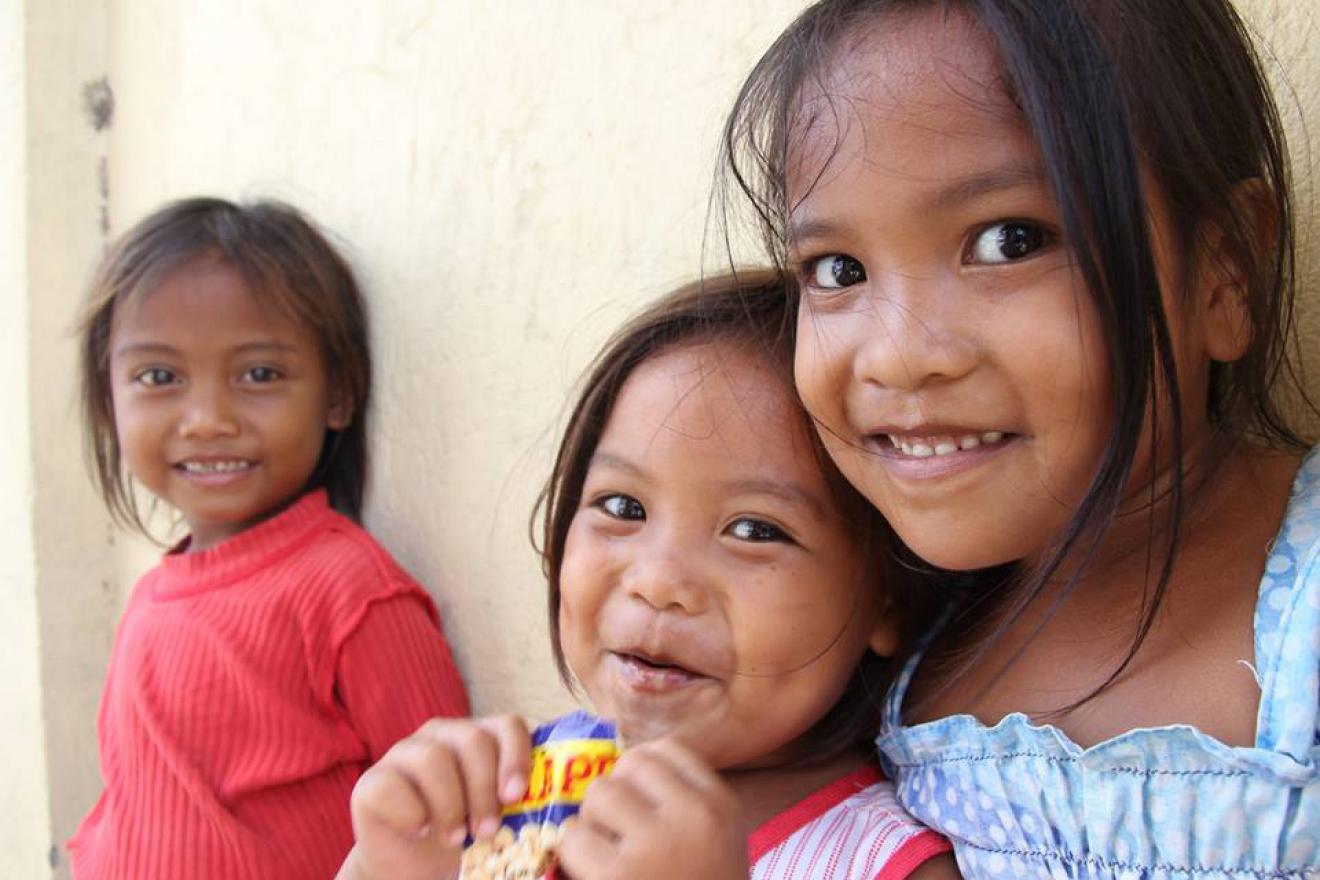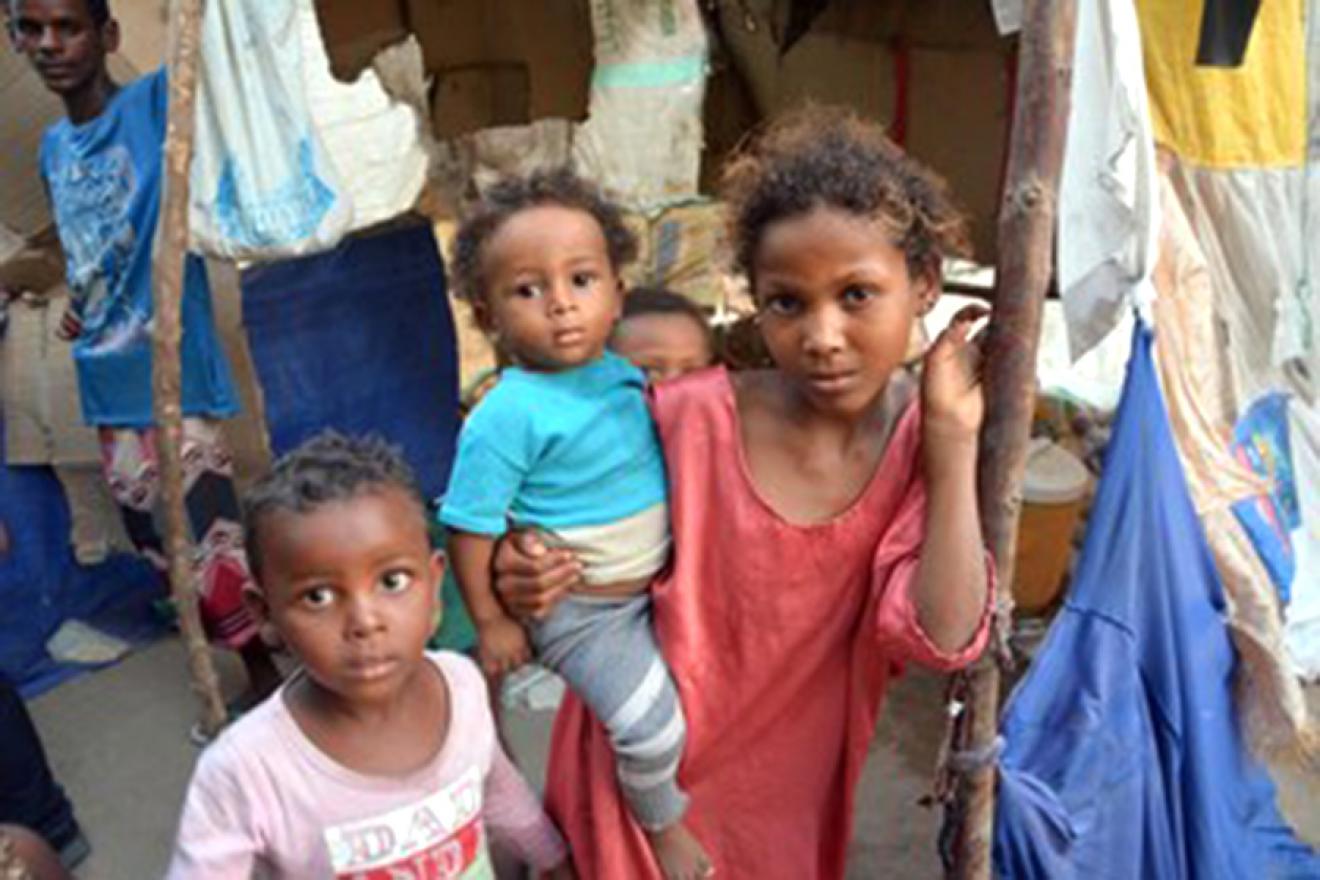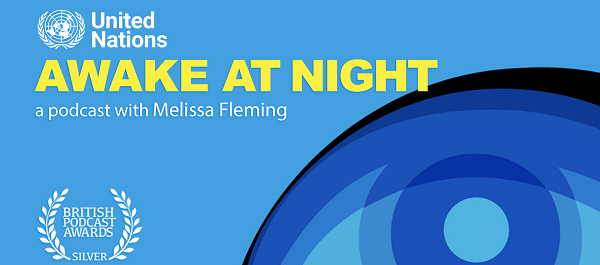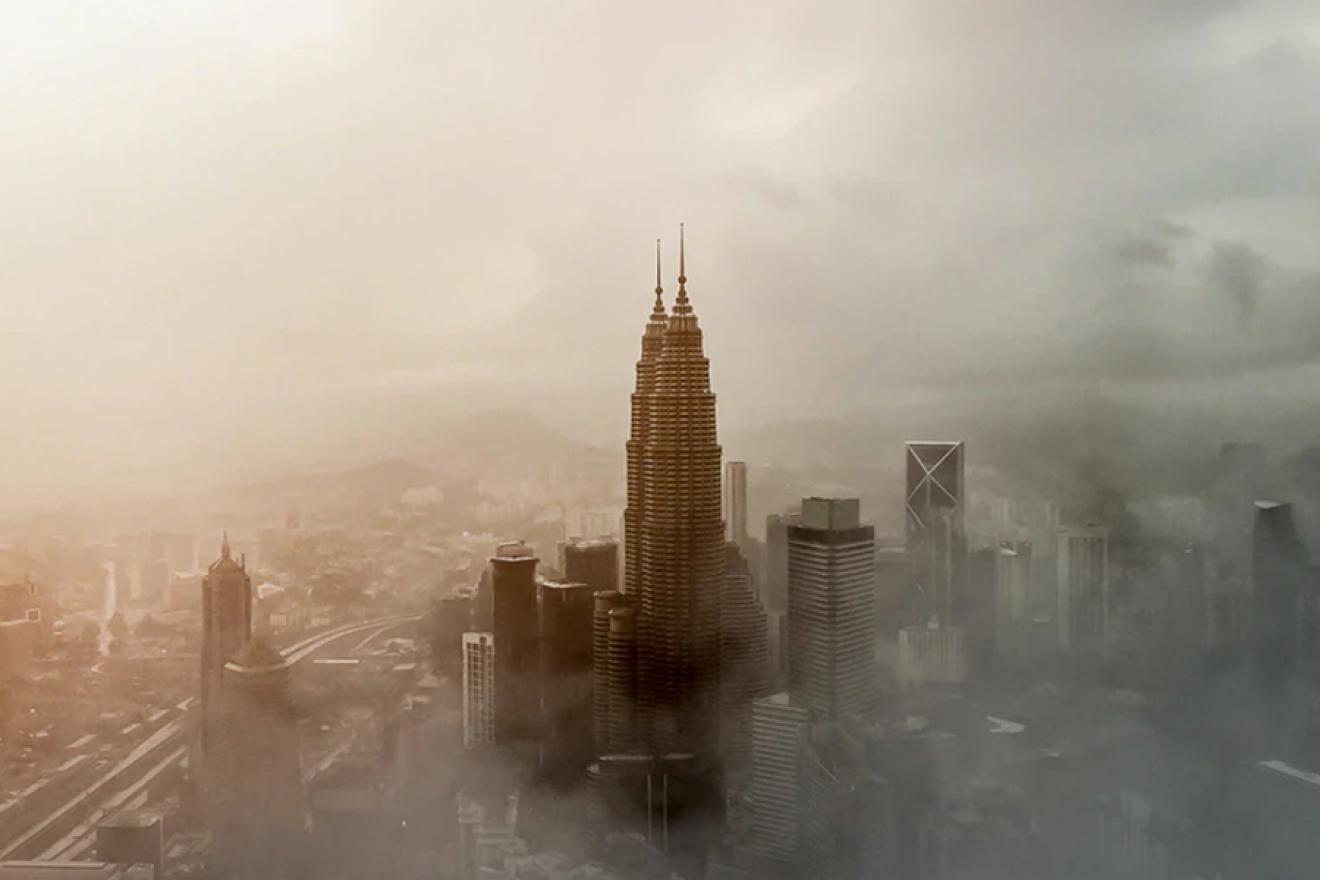The ActNow campaign aims to trigger individual action on the defining issue of our time. People around the world have joined to make a difference in all facets of their lives, from the food they eat to the clothes they wear.
When solidarity comes from the South
Considering the current pandemic, South-South cooperation is more important than ever. Several countries of the global South have already demonstrated effective responses to COVID-19, so they can help other less developed to build more resilient societies during the crisis. In observance of the International Day of South-South Cooperation (12 September), the United Nations hosts a virtual event on 10 September at 9 a.m. EDT to reflect on the vital role of international solidarity towards the Sustainable Development Goals, while effectively responding to the global COVID-19 crisis.
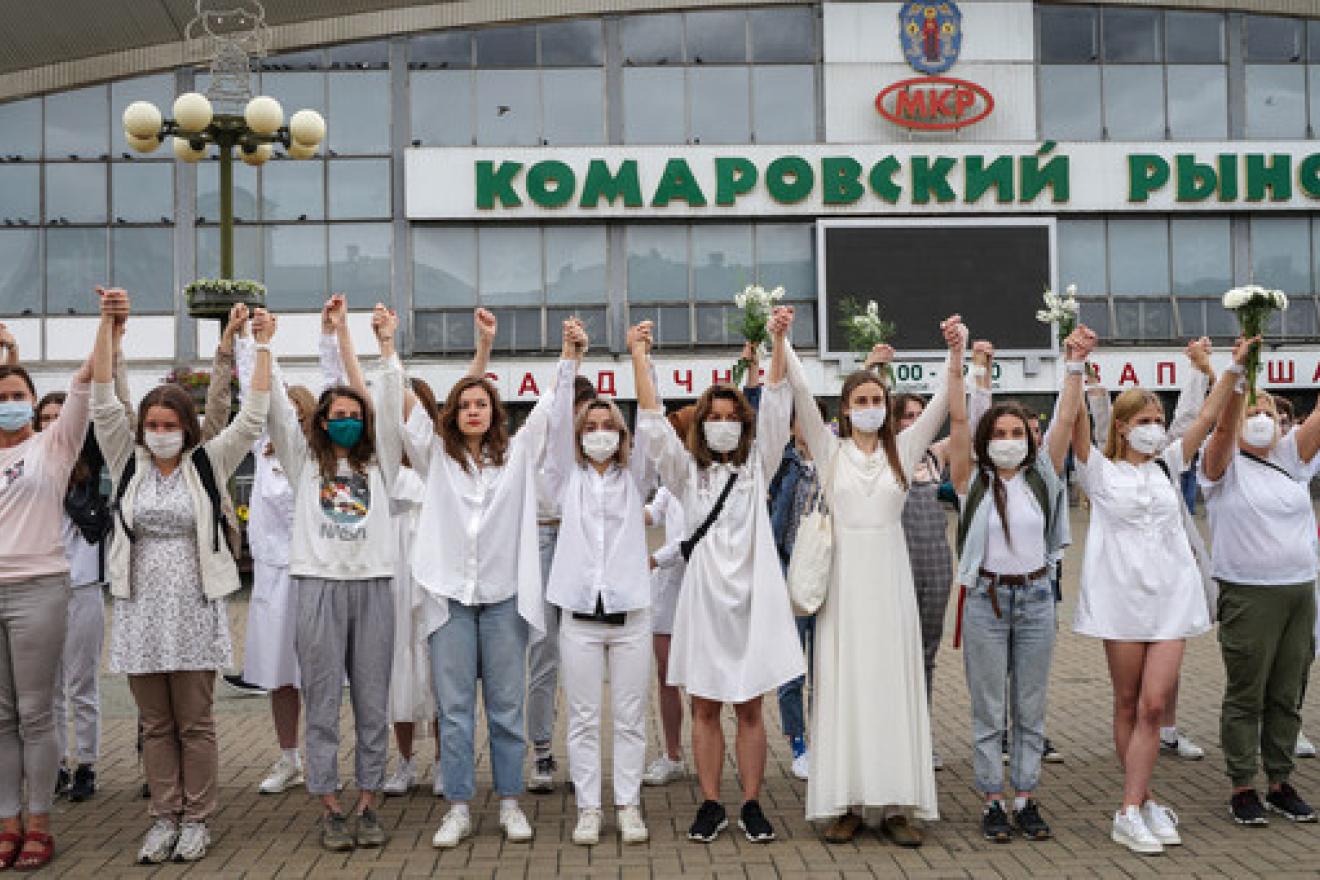
Belarus: UN chief deeply concerned over use of force against peaceful protesters
11 September 2020 — Secretary-General António Guterres on Friday expressed deep concern over the continued use of force against peaceful protestors in Belarus and detention of those exercising...
WHO warns against potential Ebola spread in DR Congo and beyond
11 September 2020 — Ebola is spreading in a western province in the Democratic Republic of the Congo (DRC), raising fears that the disease could reach neighbouring Republic of Congo and even the...
Leaders pledge ‘quantum leap’ towards fully funding COVID-19 vaccines and treatments
10 September 2020 —
Global leaders, including more than 30 Heads of State and Ministers, have underlined their commitment towards fast-tracking the development and production of COVID-19...


